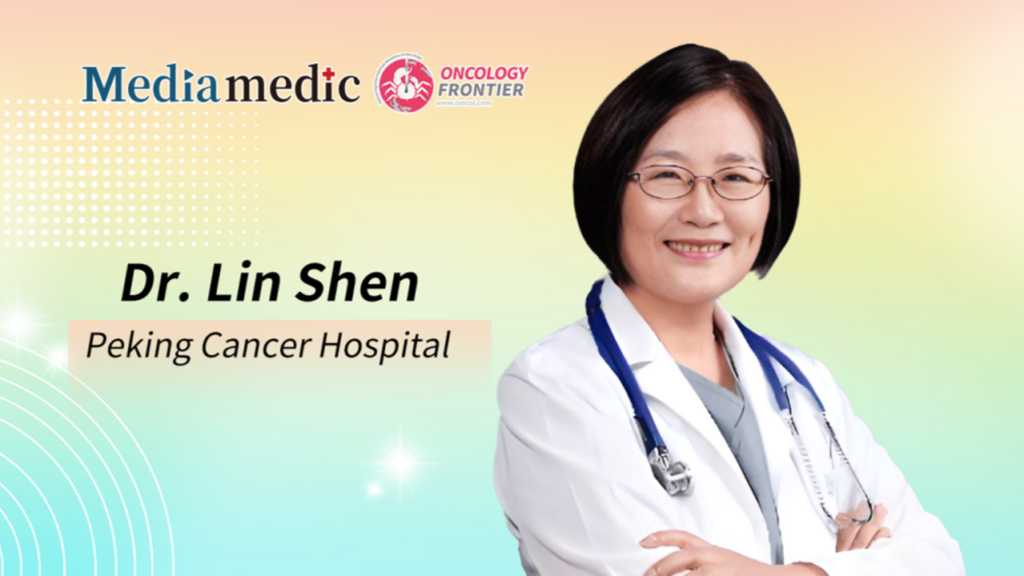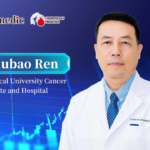
In April 2024, the 115th Annual Meeting of the American Association for Cancer Research (AACR) was held in San Diego, USA. As a global bellwether for new cancer drug development, the AACR meeting showcased numerous cutting-edge research findings in the field of oncology. One such study, conducted by Dr. Lin Shen's team from Peking Cancer Hospital, evaluated camrelizumab combined with chemotherapy as a neoadjuvant treatment for resectable locally advanced esophageal squamous cell carcinoma (LA-ESCC). This single-center, randomized, Phase II trial was selected for poster presentation at the conference, and Oncology Digest - Digestive Oncology News has summarized the key findings for readers.CT209 / 9 – Camrelizumab plus chemotherapy as neoadjuvant treatment for resectable locally advanced esophageal squamous cell carcinoma (LA-ESCC): A single-center, randomized, phase II trial
The study aimed to evaluate the efficacy and safety of camrelizumab combined with chemotherapy as neoadjuvant treatment followed by surgery in patients with resectable LA-ESCC. This single-center, open-label, randomized, two-arm Phase II trial included 40 patients with resectable LA-ESCC who were randomized into two groups to receive three cycles of neoadjuvant therapy. Group A was treated with camrelizumab, paclitaxel, and cisplatin, while Group B received camrelizumab, nab-paclitaxel, and cisplatin. Surgery was scheduled 3 to 10 weeks after completing neoadjuvant therapy. The primary endpoint was the correlation between biomarkers and pathological complete response (pCR), while secondary endpoints included event-free survival, overall survival, and safety.
As of July 31, 2023, 19 patients in Group A completed neoadjuvant therapy, with 17 undergoing surgery. In Group B, 17 patients completed neoadjuvant therapy, and 14 underwent surgery. The pCR rate was higher in Group A than in Group B (30.0% vs. 10.0%). Major pathological response (defined as tumor residue ≤10%) occurred in 50.0% of Group A and 35.0% of Group B. Some patients in both groups experienced post-operative complications: one patient in Group A had Grade 3 or higher acute renal failure, and one patient in Group B developed Grade 3 or higher pleural effusion requiring drainage. The incidence of Grade 3 or higher treatment-emergent adverse events (TEAEs) was 25.0% in Group A and 40.0% in Group B.
In conclusion, for patients with resectable LA-ESCC, neoadjuvant therapy with camrelizumab and cisplatin combined with paclitaxel or nab-paclitaxel demonstrated good tolerability and promising anti-tumor activity.


